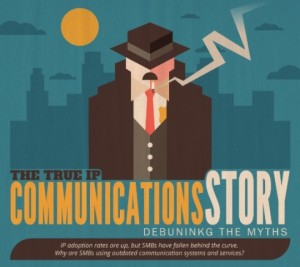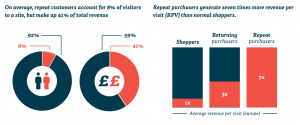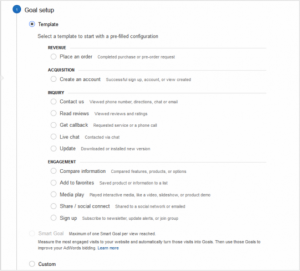 Behavioral interviews were once regarded as the most effective way for conducting an interview that filtered through candidates who were—and who were not—qualified for a job. With the preponderance of online coaching tools and videos now available for those seeking employment (teaching them to parrot phrases that aptly echo what an employer is looking to hear), conducting a successful behavioral interview is much more difficult today than it once was.
Behavioral interviews were once regarded as the most effective way for conducting an interview that filtered through candidates who were—and who were not—qualified for a job. With the preponderance of online coaching tools and videos now available for those seeking employment (teaching them to parrot phrases that aptly echo what an employer is looking to hear), conducting a successful behavioral interview is much more difficult today than it once was.
The Basics of a Behavioral Interview
A behavioral interview is based on the idea that by learning what a job candidate has done in the past, the employer can gain insight as to how the candidate will perform in the future. To assess a prospective employee’s past actions, then, a discovery process ensues. This process—a behavioral interview—asks questions pertaining to not just what the candidate has done in previous roles, but how and why those things were done. Unfortunately, too many job candidates have now been coached on exactly what to say, making an interviewer’s job more difficult. However, the behavioral interview as an effective method for finding the right person for the job is not dead; it just takes a whole new set of skills to conduct correctly.
Tips for Conducting a Behavioral Interview
Rather than using predictable questions, an interviewer will now need to dig deeper into the candidates’ lives and experiences. Here are some tips for doing just that:
Focus in on the details: Creating a canned response can be easy for a job candidate to do; however, going into the details of that response is much more difficult. By asking detailed questions about experiences, you will likely be able to weed through those job candidates who actually have experiences that relate to the current position, and those that do not.
Avoid yes and no questions: Asking a question like, “Do you have experience fundraising?” only requires the candidate to answer with a “yes” or a “no.” Instead, try asking open-ended questions that require a lengthier and more insightful response. For example, “Tell me about a time where you worked as a fundraiser?” Then, follow up with a question about the candidate’s answer: “What was one thing that you think you did really well during that campaign, and what’s one thing you learned and would do differently in the future?”
Look for more than just the obvious: What the candidate says about their skill set and experiences is important. However, a behavioral interview can be taken to a deeper level by going beyond the obvious. For example, assess the candidate’s critical thinking, problem solving, and analytical skills by posing a real-world problem related to your industry and asking what the candidate’s solution would be.
Behavioral Interviews: Still room for an old tradition in a new world?
While behavioral interviews may be a moe traditional way to hire a candidate, they’re by no means obsolete. In fact, when done correctly—using the strategies above—behavioral interviews are still the most effective way to find and hire the right people for the job.
(187)








